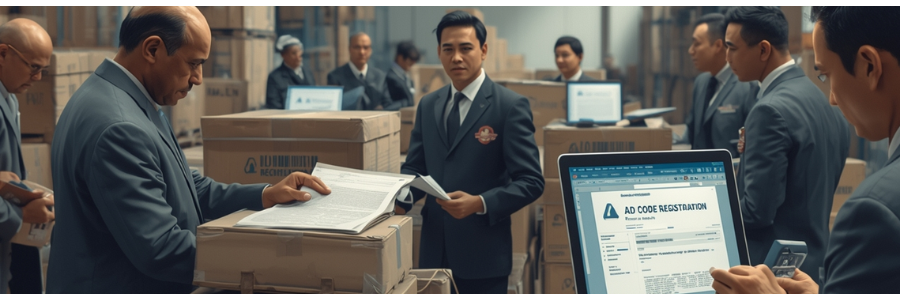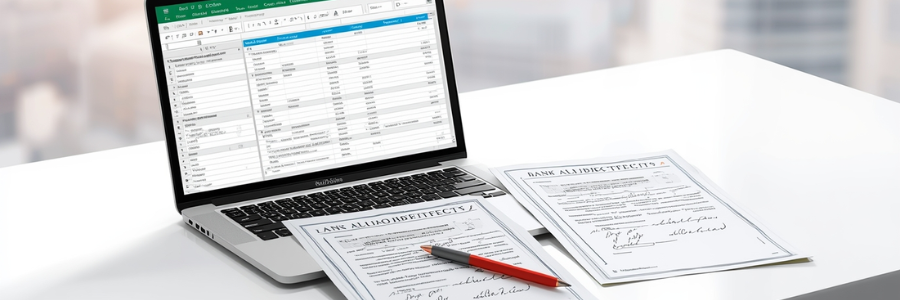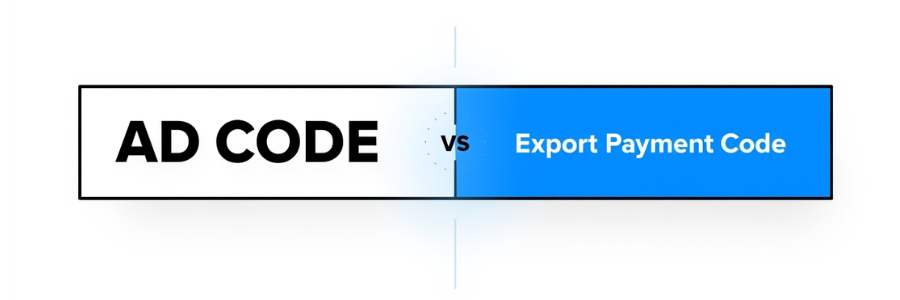The Role of Ad Code Registration in Speeding Up Your Customs Clearance
AD code registration is a prerequisite for export businesses that are seeking to deal in foreign exchange. To receive the international currency, the receiver first needs to verify themselves as a legitimate entity. Not only smooth foreign transactions, but this 14-digit code also streamlines the customs clearance process. To adhere to customs compliance, the primary requirement is to link the export business account to the customs system. Having a valid authorized dealer code is essential to staying compliant and avoiding shipment delays. This page will explore the multi-functions of code, including how it speeds up customs approval.
1. Why is the AD Code Letter a Primary Requirement?
Before the customs approval, the new export houses require the AD code letter from their relevant bank account. This 14-digit code is vital to legally trade internationally and receive foreign currency. Once the exporter submits a formal application to its bank manager, the will issue the code on their letterhead. Upon successful approval, the businesses will be eligible to register the code on the ICEGATE portal. The authorized dealer code is mandatory for generating the shipping bills on the customs electronic gateway.
2. Why AD Code Matters for Customs Clearance?
The exporters cannot get the customs approval until they register for the AD code. Having the authorized dealer code is a condition for clearing the goods from ports. In addition, for filing the shipping bill, which is required during customs approval, a 14-digit code is required. This is how the customs authority uses the authorized dealer code to verify export transactions:
- Check Shipping Bill: AD code is required for generating the shipping bill on ICEGATE. This shipping bill mentions the important details, such as the goods, their value, and other specific information. This key document is checked by the customs department before clearing the goods.
- Request for Additional Documents: Apart from the AD code and shipping bill, the customs authority may ask for additional documents to submit. These extra documents are required to verify declarations, commercial invoices, and packing lists.
- Electronic Data Interchange (EDI): Most countries prioritize the EDI system, where exporters file the declaration on online websites such as ICEGATE.
- Physical Container Checks: To avoid smuggling activities, the customs authority manually checks the containers of the AD code holder to match the declarations.
- Post-Clearance Audits (PCAs): Once goods clear from the ports, the customs authority conducts PCAs to audit the accuracy of the original declarations.
3. AD Code Connects Shipping Bill to Exporter Bank Account
Between the bank account and customs, the unique 14-digit authorized dealer code acts as a mediator. It links the exporter’s current account with the customs authority. Well, the link between them is crucial for mandatory shipping bills. Once exporters register the AD code with the Indian Customs Electronic Gateway (ICEGATE) portal, they become eligible to generate the shipping bill. It makes an automatic and secure route for all export transactions as well as deposits into the right bank channel. This seamless process is important for customs clearance and export incentive benefits such as duty refunds.
4. How AD Code Speeds Up Customs Clearance?
This is how the ad code registration speeds up customs approval:
Documents Submission Electronically
The AD code allows the exporter to file the shipping bill on the electronic gateway, the ICEGATE portal. AD code registration on ICEGATE without any errors impacts the customs clearance speed by making it faster.
Eliminates Manual Delays
The online registration process reduces the human errors that directly minimize the unnecessary delays.
Direct Incentive Credit:
Once the customs authority clears the goods, any government incentives or benefits applied to your goods will be sent to your linked bank account.
Financial Verification
The AD code directly links the exporter’s bank account to the customs system. This allows a faster verification of bank details.
5. What are the Consequences of AD Code Registration?
Trying to export goods without the AD code for customs can raise significant challenges for export businesses. Not having the AD code may result in:
- The new export houses will not be able to generate the shipping bill on the ICEGATE portal, which is important for customs clearance.
- Not having a valid AD code results in loss of government incentives and refunds. The supplier will not be able to claim the export incentives, refunds, or other government export-supported benefits.
- Exporters may face delays in goods shipments without an AD code. At the customs checkpoints, registration of the AD code is mandatory. It led to extra storage costs and significant penalties.
- Without AD code registration at customs, it becomes difficult to receive the foreign currency payments. This is only possible when exporters’ banks link to the requirements of the customs system.
6. How Do You Ensure Smooth Customs Clearance with AD Code?
Initially, the compliance requirements and lengthy process might look daunting for new export businesses. But once they understand its benefits and mandatory requirements, it becomes easier to solve all its parameters. Well, the process starts from the bank. They need to first obtain the AD code letter from their relevant bank account. Upon formal letter application approval, the branch will issue the AD code letter on its letterhead. For the smooth customs approval, you are required to register the code on the ICEGATE portal by using the necessary documents. This process is important to link the AD code to shipping bills that streamline the export-import process.
Note: If there are any changes in the exporter’s banking particulars or trade name, the exporter is required to register for a new AD code. The new AD code will link new banking particulars in the customs system.
7. Real-World Example or Case Insight
Let’s take an example: Let’s take an example: how do exporters at Mundra or Nhava Sheva port benefit from the timely registration of the AD Code?
Explanation: Mundra and Nhava Sheva ports are the highest recognized ports from India for their multi-functionality. Their service and quality of work attract potential exporters for export goods. Apart from it, these ports offer numerous benefits to their registered members. However, the exporters can only access these benefits when they have a valid AD code. On-time AD code registration at the Nhava Sheva or Mundra port is crucial for filing shipping bills. Timely registration with ports from where the exporter wishes to export goods is beneficial to avoid significant delays and disruptions to their shipping schedule. The AD code registered exporters operate within a compliant, streamlined, and more advantageous system, whereas those who deal without the AD code face potential challenges.
8. Sum Up | Get 14-digit AD Code for Faster Customs Clearance
Having an AD code demonstrates that the business is compliant and adheres to RBI rules and laws. Through the AD code bank account registration, the businesses get access to trade internationally. On-time registration of the 14-digit code at the specific ports impacts the customs clearance, making it faster. Apply for the AD code registration online now to start foreign exchange activities. Seek LegalRaasta experts’ consultancy to make the process seamless.
9. Frequently Asked Questions
- Why is AD code compulsory for export?
Ans. An AD code is mandatory to export legally from India. It is required to get the customs department approval before the goods clear. However, to obtain an authorized dealer code and an IEC number is required.
- What are the types of exporters?
Ans. The major types of exporters are categorized as:
- Manufacturer Exporters: Produce and sell their own products.
- Merchant Exporters: Buy and sell goods from other manufacturers.
- Service Exporters: Provide intangible services.
- What if the customs authority rejects the application?
Ans. The customs authority may reject the shipment due to inaccuracy in documents, incomplete information, or any default in goods. The rejection causes significant shipment delay, penalties, or goods seizure.
- What is Section 27 of the Customs Act?
Ans. Under Section 27 of the Customs Act, 1962, any individual or company can claim for customs duty refund or interest they have paid during customs clearance. However, there is only a one-year time limit for filing the claim.
- In how many days will the appeal be filed in customs?
Ans. The export or import business must file an appeal within 60 days from the date of communication of the order.









